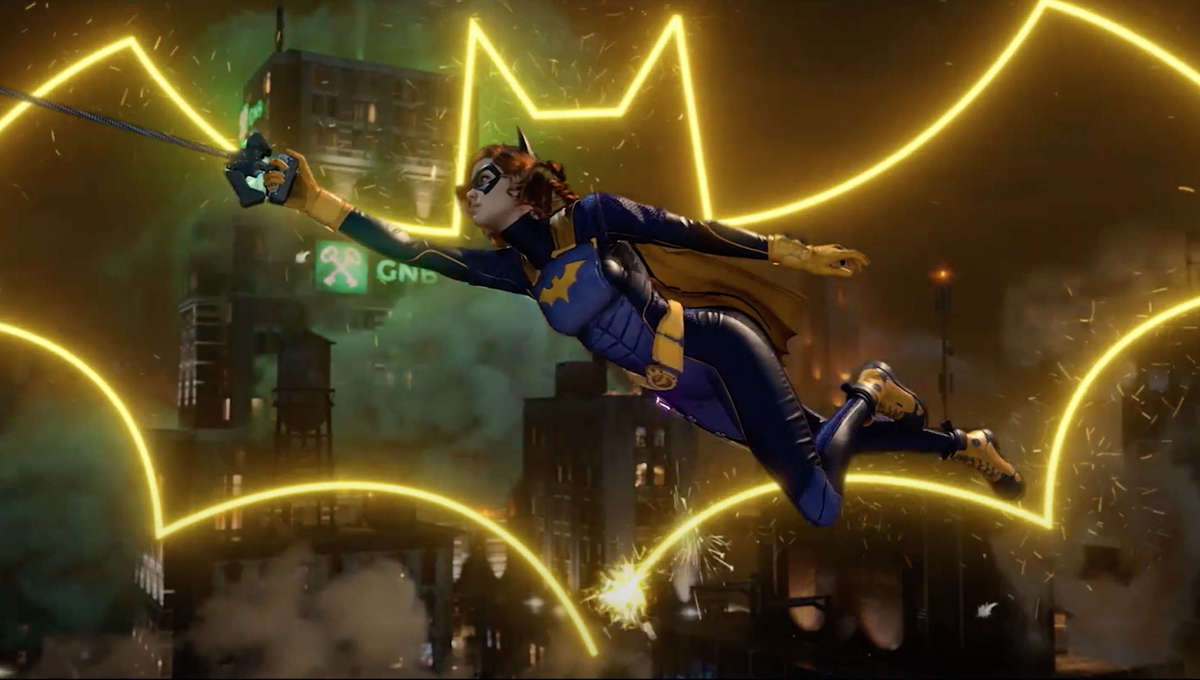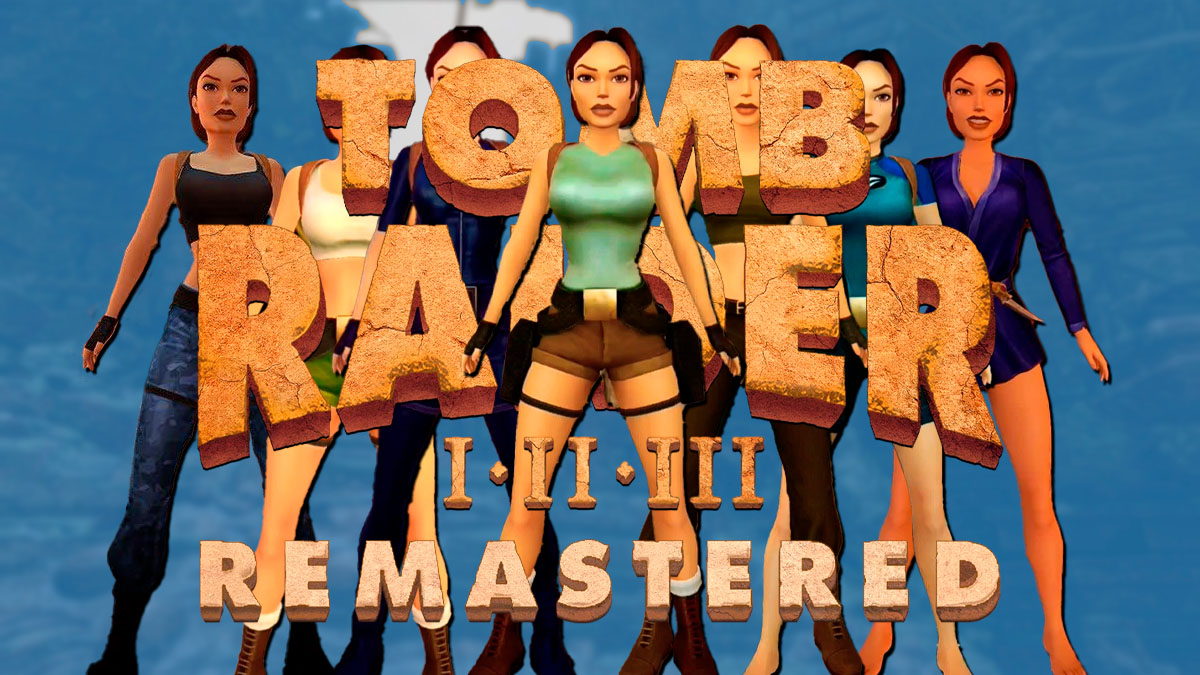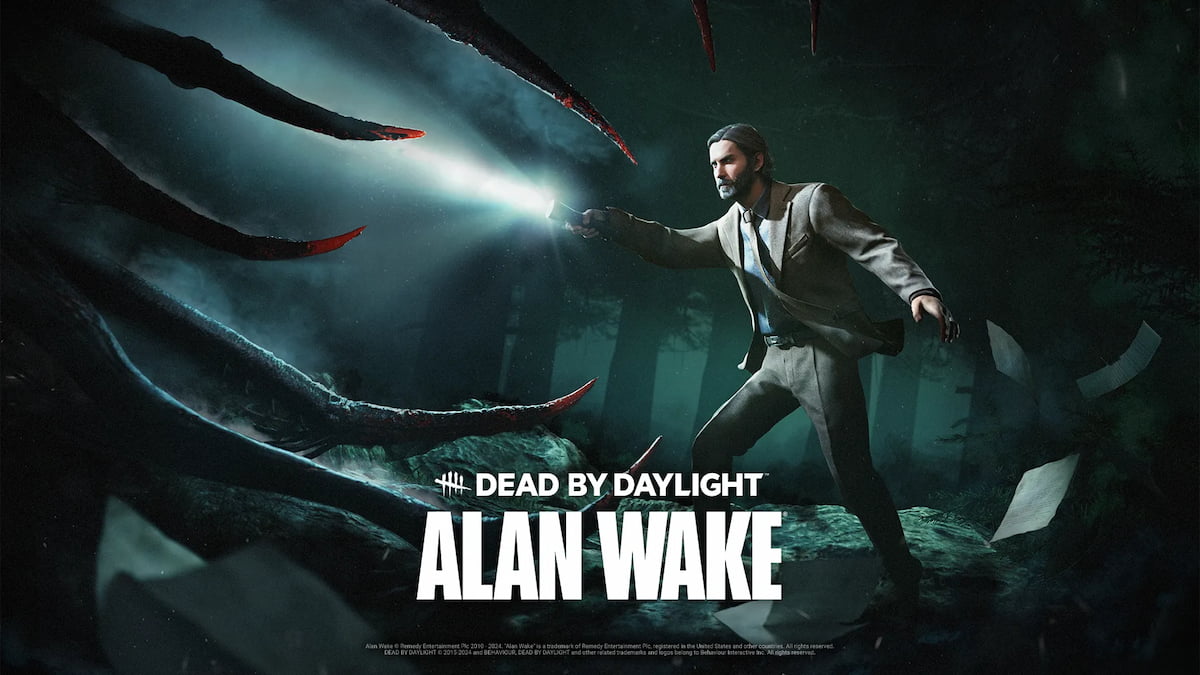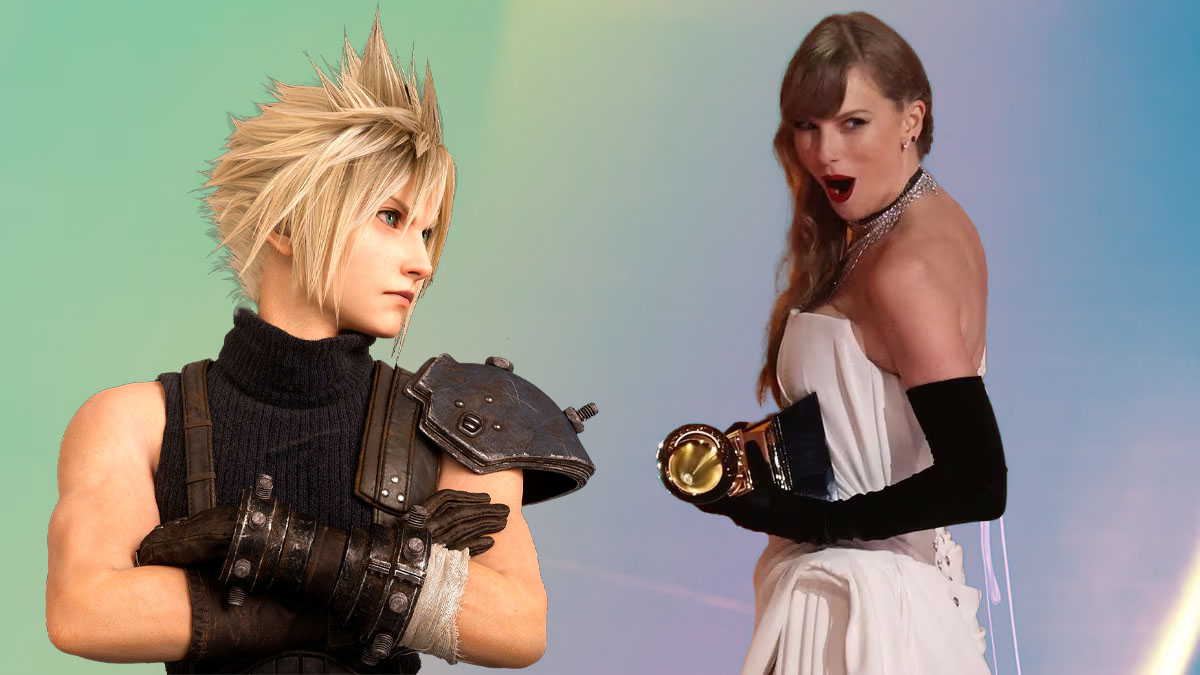On May 10, Gotham Knights released a slew of new marketing material, including a 15-minute gameplay breakdown and an announcement that this new character-action-team-based-gear-collecting game is scrapping the PS4 and Xbox One versions.
While we won’t be able to get our hands on the game until October, we do know key details about the game’s story. Your four main characters are all members of the “bat family,” all working together to avenge the death of Batman. On the surface, nothing out of the ordinary, but as I was digging deeper, I noticed something troubling about the character of Batwoman in this universe.
Players of the Arkham series of games will already know the gist of this story. Barbara Gordon was kidnapped by the Joker, shot in the spine, and confined to a wheelchair. She then adopts the name Oracle and, over time, becomes a beloved symbol in the disability community. In this screenshot of her character bio, we see that after the death of her father she simply worked very hard and overcame all the obstacles of a spinal injury. She didn’t only learn to walk again, but regained enough mobility to once again be Batwoman.
To be fair to Gotham Knights, it’s not pulling the rehab story out of thin air. It’s been established in the comics. It’s just disappointing to see it in a game where you could do anything, like pick an entirely different Batgirl, or simply place this game before that attack. The marketing is already using her ability to conquer her disability to illustrate why she is superheroic. In order for an able bodied world to give us credit for anything we accomplish in life, we must be willing to ‘overcome’ our chronic conditions. It’s not simply enough to be comfortable in our space. To those in power, we must cast aside all desire to change the landscape of this hostile world and instead assimilate until our disabilities appear invisible.
This terrible mindset exists all over other media, but at least on television, the idea of disability is allowed to be shown on screen. I can count on two hands the number of times I’ve ever seen a wheelchair modeled in a video game. Sadly, most of the time it’s used as set dressing for backgrounds. Even in the best of situations, when you get to roll around in a chair and stab Nazis in Wolfenstein II: The New Colossus, you don’t get to do it for very long. By the end, you basically become a cyborg as your disembodied head is glued onto the body of a perfect mechanical Nazi murdering machine. While B.J gives lots of lofty narration about how he struggles to feel like a person because of his lack of a ‘real body,’ the game never bothers to do anything other than play to a ‘wounded warrior’ type of story. It bathes in trauma, but is also too goofy to reflect an actual struggle of disability.
Gotham Knights seems to be falling into this same trap. Developers are always free to make their games how they see fit and tell the stories they are compelled to tell. But as I inch closer to 30, I’m left disappointed again and again by the lack of creativity from developers and studios across the industry to represent disabled people in and out of games. Oracle could have been a fantastic tutorial voice for the game and you could have had another Batwoman like Kate Kane take the mantle. Instead, Gotham Knights is going to choose to ignore this disability, not by pretending it didn’t happen, but by pretending that if disabled people just work really hard, we can be able-bodied like everyone else.







Published: May 17, 2022 12:21 pm